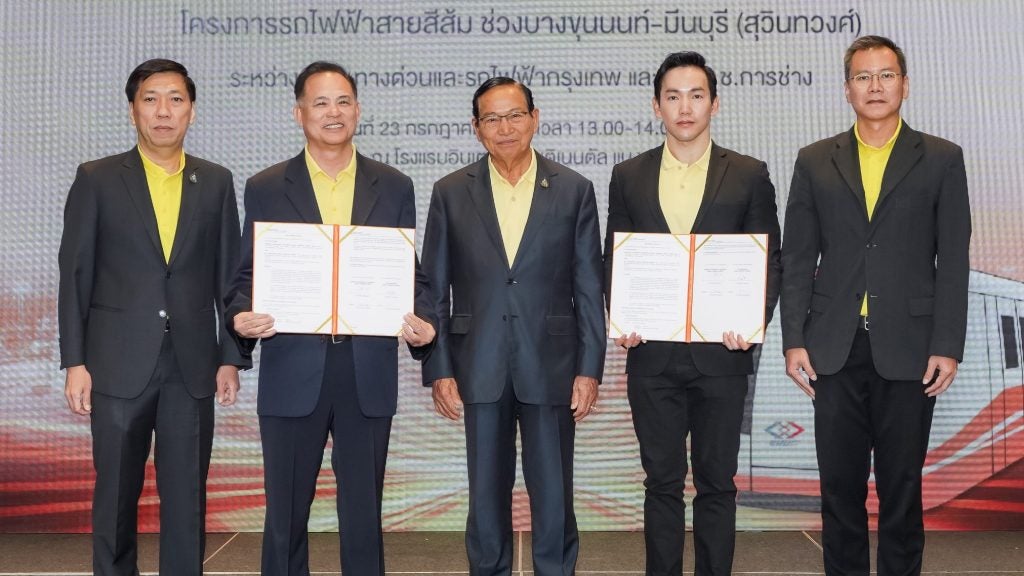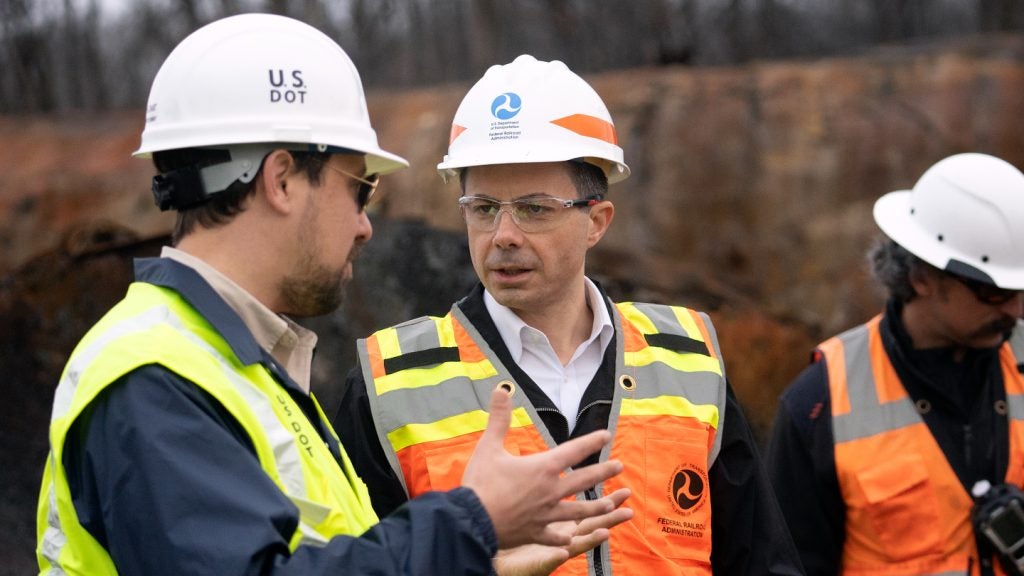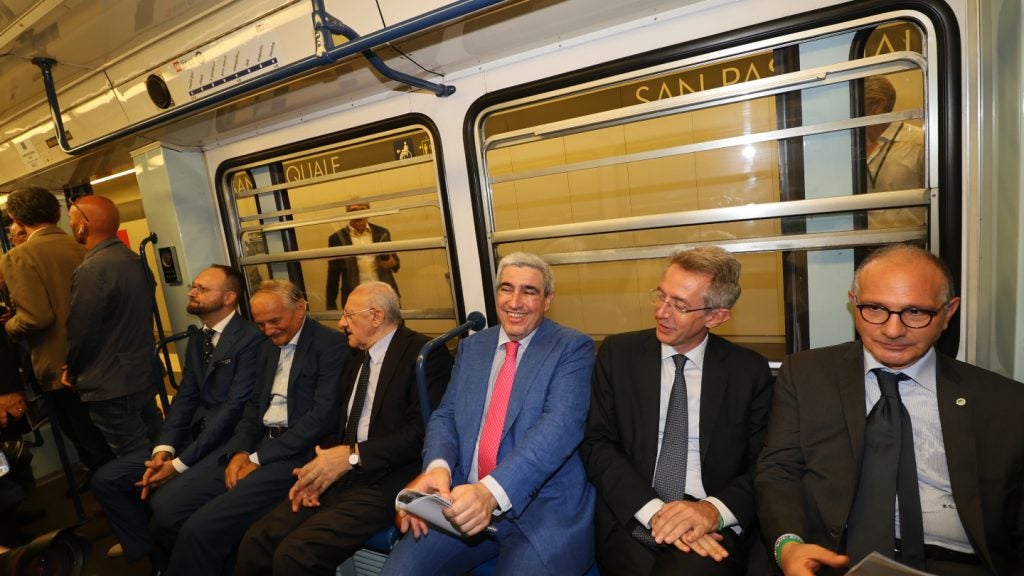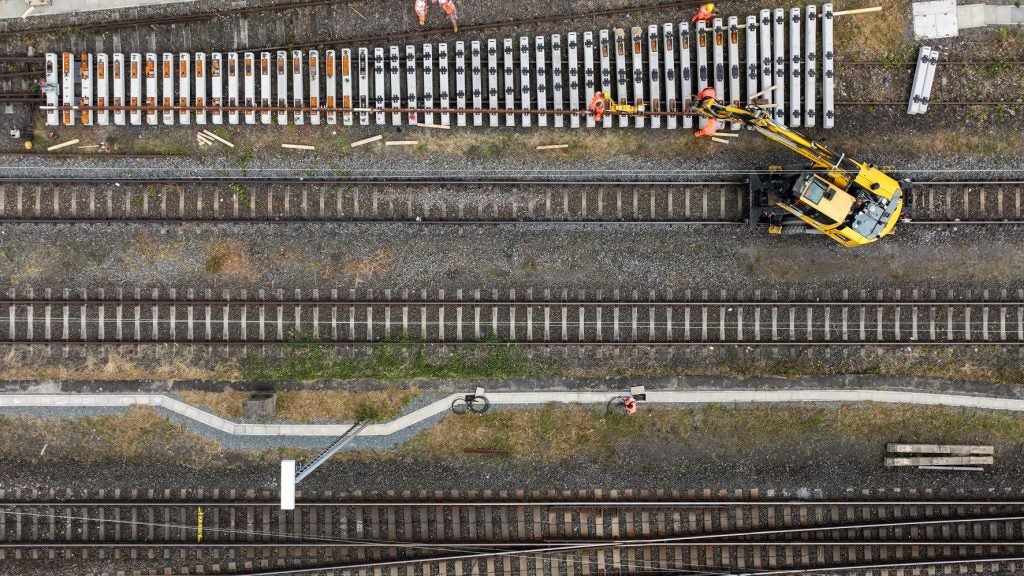French industrial battery manufacturer Saft has secured a €4m on-board battery system replacement contract from rail operator SNCF.
The deal is Saft’s largest contract awarded by an European railway operator in the past ten years.
The deal will allow SNCF to switch its TER 2N NG trainsets from lead-acid batteries to Saft’s nickel-based MRX battery systems for improved performance and reliability over a long service life.
Under the deal, Saft will deliver 284 battery systems made of ’54 MRX130′ batteries for more than 200 SNCF double-decker trainsets, operating on regional routes across France.
The battery systems feature Saft’s patented design, based on a riveted battery box that reduces welding.
Entered into service in 2000, SNCF’s TER 2N NG trainsets are based on the Alstom Coradia Duplex electric multiple unit (EMU) platform.
How well do you really know your competitors?
Access the most comprehensive Company Profiles on the market, powered by GlobalData. Save hours of research. Gain competitive edge.

Thank you!
Your download email will arrive shortly
Not ready to buy yet? Download a free sample
We are confident about the unique quality of our Company Profiles. However, we want you to make the most beneficial decision for your business, so we offer a free sample that you can download by submitting the below form
By GlobalDataCapable of travelling at speeds up to 160km/h, the TER 2N NG trains are suited for intercity or suburban services and are deployed on SNCF regional routes across France.
The on-board batteries offer backup power to support control, safety and communications functions if the main power supply is interrupted.
SNCF is currently replacing the existing time-expired lead-acid batteries with Saft’s specialised MRX batteries as part of a general upgrading programme.
Talking about SNCF’s move to the company’s nickel-based MRX batteries, Saft management board chairman Ghislain Lescuyer said: "It is a further, very important European reference for the performance, reliability and total cost of ownership advantages of our well-proven nickel-based rail battery technology."
Compared with lead-acid batteries, the MRX design does not suffer from ‘sudden death’ and it has been developed for the intensive usage typical of rail backup operations.
The MRX batteries also provide a higher energy capability at extreme temperatures, ranging from -30°C to 70°C, to ensure continuity of train services especially for routes in locations in France that experience severe winters.
In July, Saft won its first electric multiple unit (EMU) contract from Bombardier Sifang (Qingdao) Transportation (BST) for its trains operating on China’s high-speed rail services.
A Sino-Canadian joint venture between Bombardier and CSR Sifang Locomotive and Rolling Stock, BST is one of China’s leading manufacturers of railway passenger cars and rolling stock.
As part of that deal, Saft will deliver 100 MRX fully integrated onboard nickel-based battery systems to be equipped on 20 new ‘Project 807’ EMUs currently being built for 250km/h rail services operated by China Railway (CRC).







